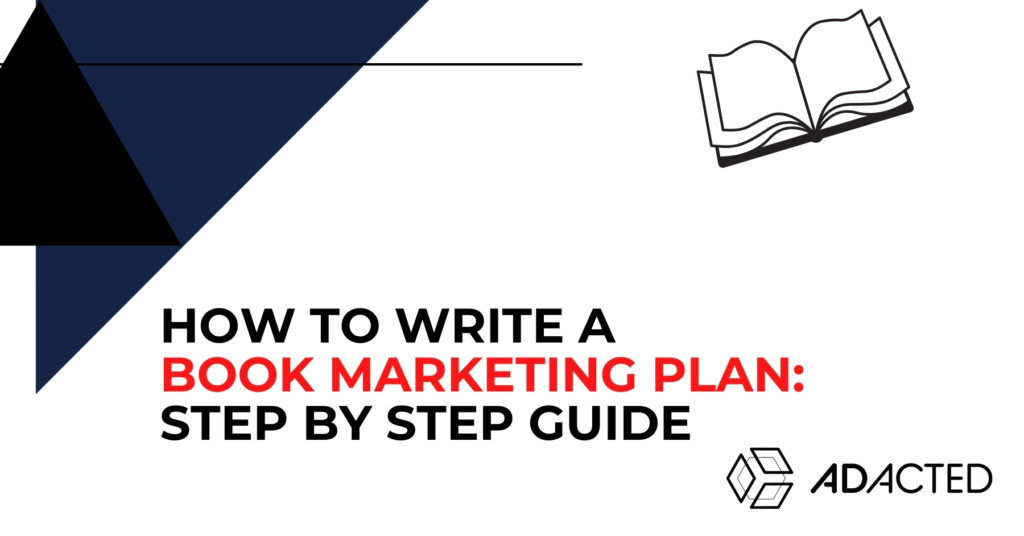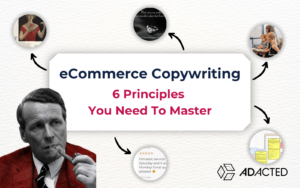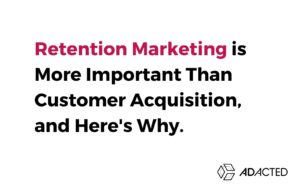Whether you are a seasoned author or just starting, you will need a book marketing plan if you want to reach more readers, grow your audience and systematically organize your efforts. Way too many wonderful authors don’t get the appreciation they deserve because of the lack of marketing and selling.
As an author, it is useful to see the whole picture from writing the book to getting it to readers. In our digital era, marketing is even more important because the way people consume information is constantly changing.
Good marketing campaigns will help to spark interest in your potential readers, sell or distribute more books and make you more known as an author. With proper marketing strategies, you can also start to create direct relationships with your readers and begin cultivating a following.
A good way to start determining your marketing strategy is by creating a book marketing plan, where you assess your starting point, set your main goals and choose the means for achieving them.
Here’s how we would do it.
Writing your Book Marketing Plan
One of the most important parts of writing a marketing plan is researching your market and knowing where you stand in it. Spending more time on research will give you great insights for experimenting with different marketing strategies in the future without having to start from the beginning every time.
1. Assess your current situation
Book:
- What is your book about?
- Are there any books on a similar theme?
- What makes your book different from your competitors?
You as an author:
- Do people in the niche know about you?
- Do you have unique expertise on the topic of your book?
- What makes you as an author stand out?
2. Determine your audience
- Who is the most likely audience to buy your book?
- What similar interests do they have?
- What topics bind these people together?
- Why do they buy books?
Adding broad audiences like “parents over the age of 25” isn’t going to cut it – you will need to go greater detail. If possible, write down multiple different audiences that you think would be interested in your book.
In the future, having an engaged audience you know well will benefit you whether you are a published author or self-published.
3. Conduct competition analysis
- Who are your main competitors?
- Who are they marketing to? What kind of audiences follows them?
- Where are they marketing their books?
- What marketing messages do your competitors use?
You can get many brilliant ideas by following your competitors – there is no need to reinvent the bicycle. Knowing your competition well will also help you to better position your book in the market.
4. Set your core marketing message
- How would you describe your book in a few sentences?
- How would you describe yourself in a few sentences?
- What are the main messages you want to communicate through different media channels?
You can later tweak or change these, but having a few solid core marketing messages from the beginning will help you understand how the audience is reacting to your communication signals.
5. Set your main goals
Having your main goals set is crucial for choosing the marketing actions you are going to take. Good goals are well-defined and actionable.
When setting your goals, try to find balance in the difficulty. If you set your aims too high, it could affect your motivation, but goals that are too easy aren’t going to take you far either.
Start by defining goals related to marketing your book.
Here are some example goals that might help you:
- Develop a fan base on a platform (or expand your fan base by ___%).
- Sell ____ books through digital marketing/amazon etc. in ____ months.
- Organize ____ public speaking events to boost your visibility and sales.
- Reach out to ____ podcasts/journals/newsletters etc.
- Create awareness by creating a blog and driving traffic to it.
6. Pick the right strategy
Depending on your goals, you will have to develop strategies to start promoting your book. A strategy is a way you will start to accomplish the goals you set.
You could have separate strategies for every goal. For example, if your goal is to develop a fan base, your strategy might be to do it through creating a Facebook page. From there on, you will have to add appropriate actions that have to be done to develop your Facebook presence.
That could mean building your Facebook page, reaching out to different people, publishing content, doing paid advertising and so on.
Or if you want to organize public speaking events to boost your visibility and sales, you might create a strategy that involves one-on-one communication with different organizers through direct e-mails, LinkedIn and so on.
The actions associated with the strategy could be finding a place to host your event, advertising your event in book stores, online or whichever place you choose. If you have a fan base you can reach out to, getting more people to come to the event will be easier.
7. Set your budget
After listing different strategies and actions, the next step would be to calculate the approximate cost of those actions. If your budget is tight, choose lower-risk strategies that you believe will have the most effect. Some actions like manually reaching out might be tedious, but are smart budget-wise and great for getting more contacts for your network.
8. Set a timeline
A timeline is important for keeping track of your actions and preparing for activities that might take a longer time to accomplish. Set a deadline for every finite action you are going to take and create a routine for on-going activities that need to be done now and then.
Remember, many of the actions you are going to take are going to pay off in a longer timeframe. It is alright if you don’t see results right away – marketing isn’t a one-time thing.
And the most important thing: don’t forget to track your results. How many new fans did you get this week? How many book sales were made during the ____ period? How many new visits did you get to your website?
These results can often be traced back to other activities you have taken, like hosting an author event, getting publicity from a media outlet, advertising on Facebook and so on.







